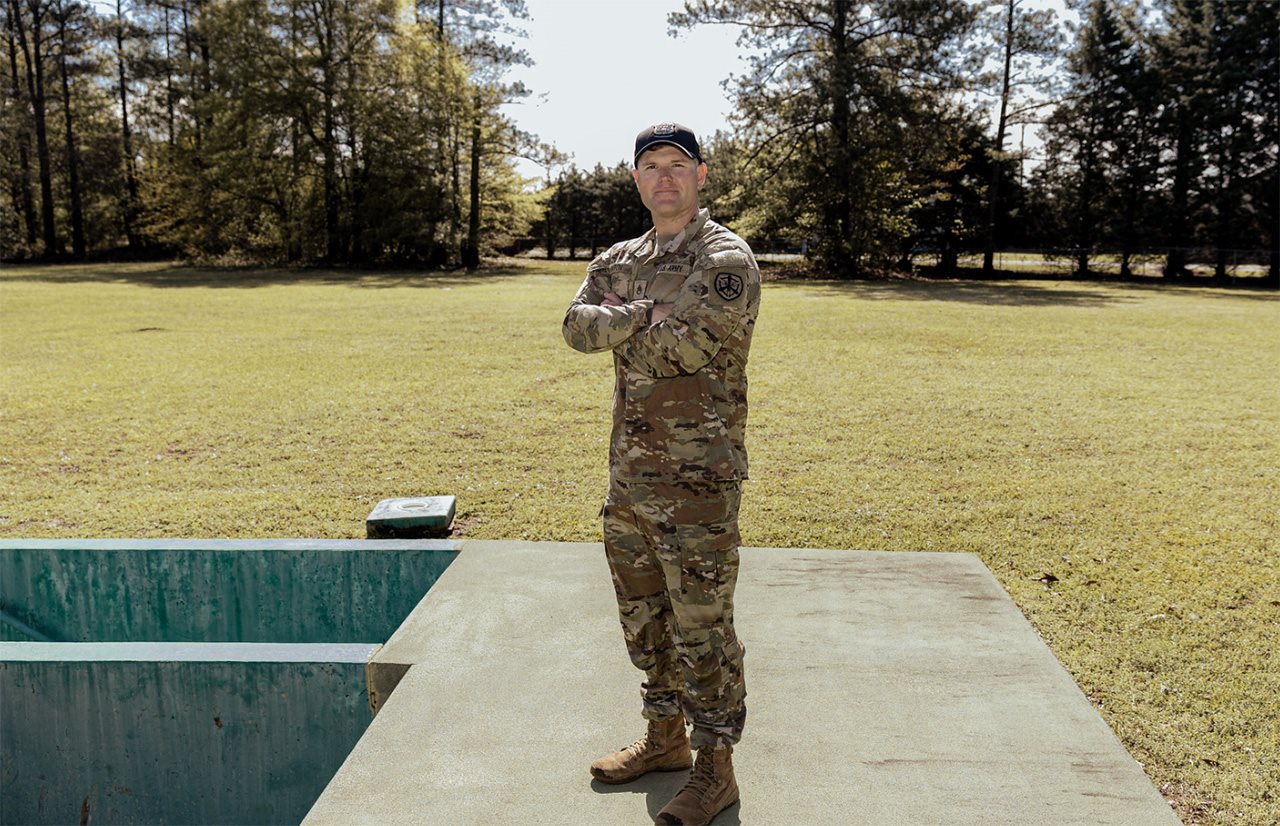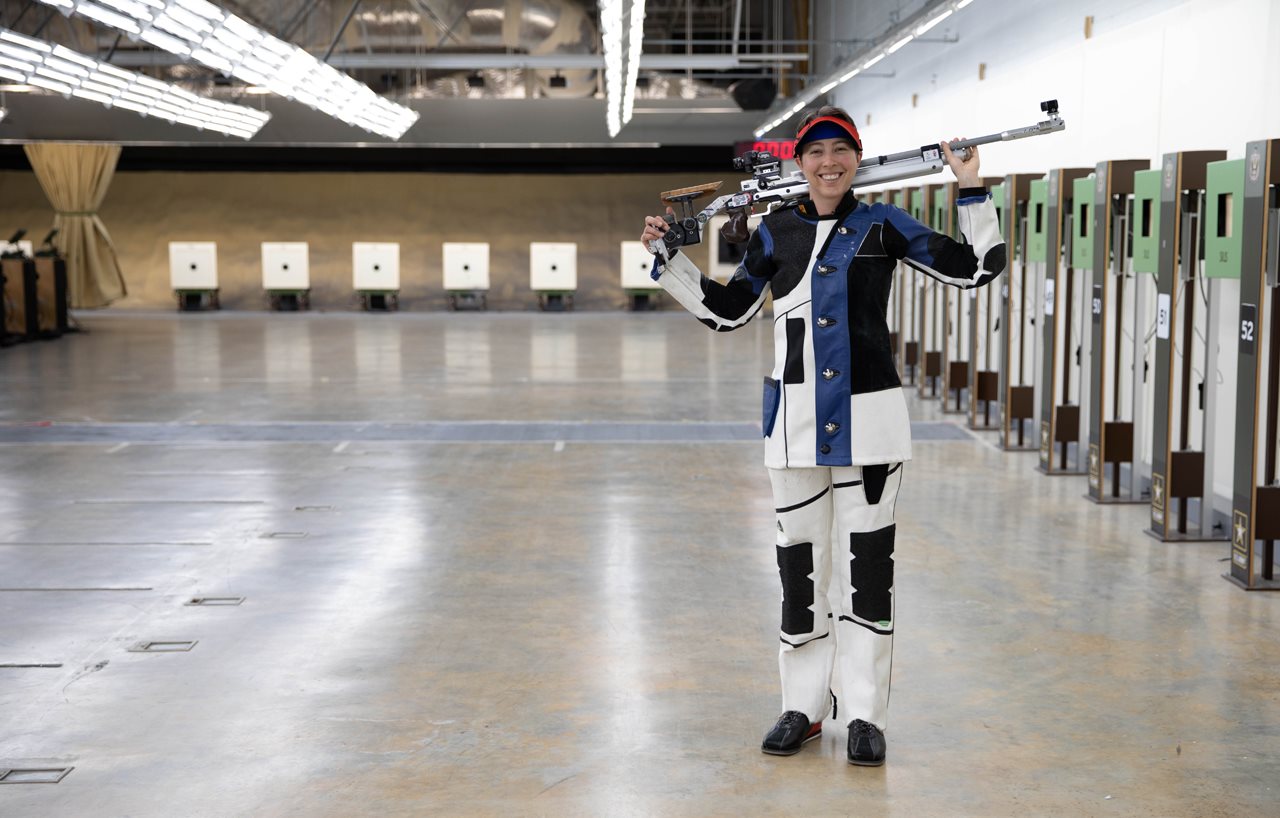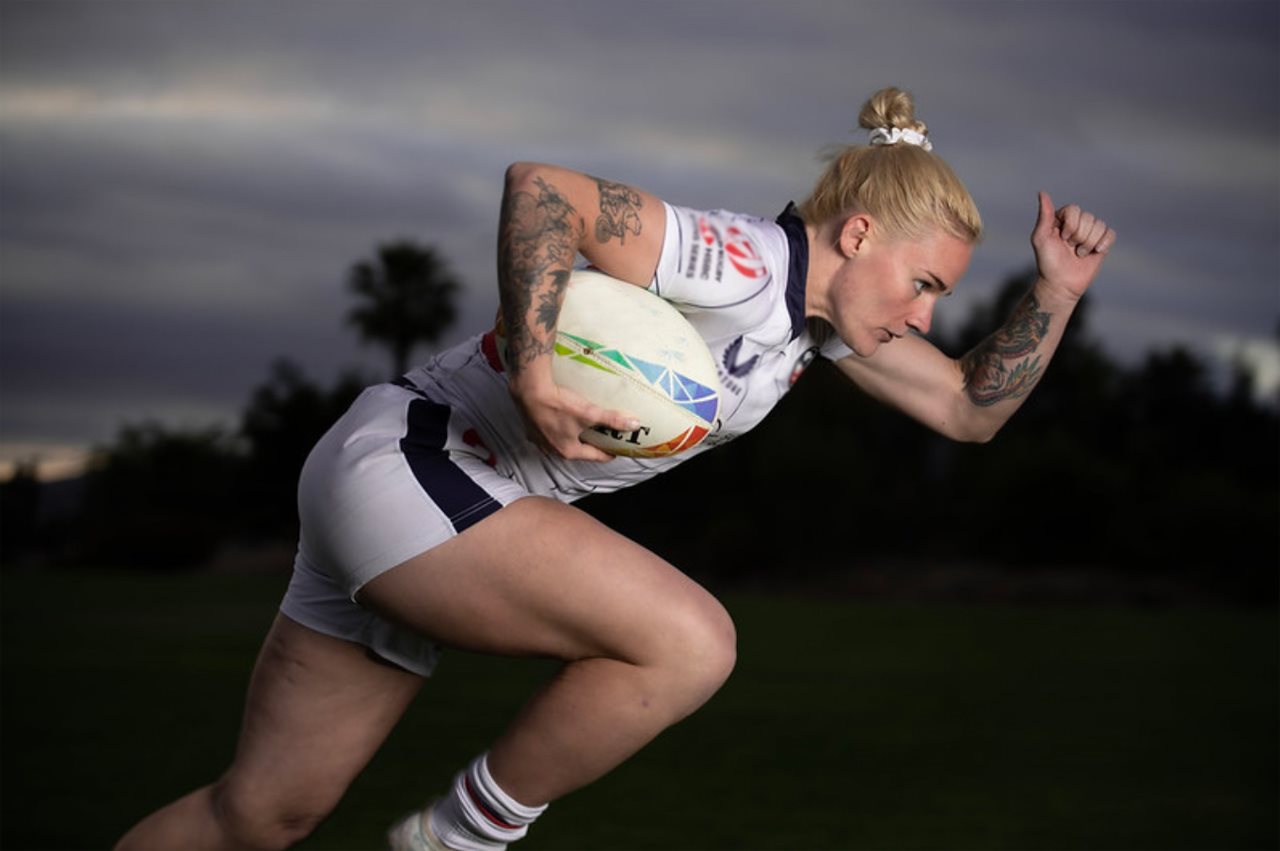(BPT) - This month, all eyes are on Paris as the world tunes in to watch the top athletes fight for gold.
Among those competing on behalf of the United States is an elite group who have chosen to serve their country in more ways than one - U.S. Army Soldier-athletes. What does it take for these Soldiers to train and perform at the highest levels of both sport and service?
The Army's Holistic Health and Fitness (H2F) system is a force-wide program used to optimize the five domains of health: physical, mental, nutritional, spiritual, and sleep. This holistic approach is central to how all Soldiers prepare their minds and bodies for every aspect of competition, including on the world stage.
Here are five best practices from elite Soldier-athletes that everyone can incorporate into their own health and wellness journey:
Save Space for Physical Recovery
Soldier-athletes push their bodies to the limit in preparation for their events, but they also know the importance of rest and recovery. Staff Sgt. Leonard Korir (pictured above), a track and field athlete born and raised in Kenya, is making his second appearance at the Games this year. To train for the steeplechase and marathon events, he practices strength and endurance exercises designed by his coaches and always makes sure to factor recovery time into his regimen. Similarly, in Shotgun Trap, Staff Sgt. William Hinton uses a method called peak periodization, training with variations in intensity and recovery to maximize his performance when it comes time to compete.

Make Nutrition Work for You
To date, Soldier-athletes have competed in over 30 events, all requiring a unique nutritional regimen to achieve peak performance. Maj. Kelly Kaim is the Lead Performance Dietitian for the U.S. Army's World Class Athlete Program where she consults with Soldier-athletes on their dietary needs. Kaim tailors her approach to nutrition based on the Soldiers' specific sports and bodies. This might look like higher proteins and lower carbohydrates for weight-cutting athletes, and higher calories and carbohydrates for endurance athletes. She recommends this approach for anyone trying to build more intentional eating habits. Don't make drastic changes to your diet, but rather small additions of things you like and subtractions of what you can do without. By making eating a positive experience to look forward to, it will make implementing healthy habits easier.
Quiet the Mind for Peak Performance
Competing and representing your country on the global stage creates a level of stress that few can imagine. And as a woman competing in the seemingly male-dominated world of shooting, Sgt. Sagen Maddalena is no stranger to the pressure that comes with competing against the best shooters in the world, all while blazing the trail for the next generation of women in the sport. To keep her nerves and shots steady, Maddalena uses specific breathing techniques and practices mental math games that help sharpen mental acuity and minimize distractions from her environment and thoughts. By following your own rituals and routines, you can focus your attention on what matters: doing your best.

Benefit from the Power of Sleep
Whether feeling jet-lagged from traveling to international competitions or staying up late to meet a work deadline, sleep can be easily compromised by elite Soldier-athletes and civilians alike. But according to Maj. Allison Brager, a U.S. Army neuroscientist, H2F sleep expert, and long-time sleep consultant to the U.S. teams competing in the Games, just three days of getting less than the recommended amount of sleep can have significant impacts on the mind and body. To combat this, Korir makes sure to build a rest day into his schedule the day before a competition and avoids distractions such as social media to calm his mind and ensure he gets enough sleep. By avoiding electronics up to 90 minutes before bed and dimming the lights to help release melatonin, you can set both your mind and body up for a more restful night's sleep.
Use Your Support System
Most Soldier-athletes fall into one of two units: the Army's World Class Athlete Program or the U.S. Army Marksmanship Unit. Through these groups, Soldier-athletes have access to state-of-the-art training facilities, world-class coaches and specialists, and most importantly, the support of their fellow Soldiers and teammates. As an elite Rugby Sevens player, Capt. Samantha Sullivan leans on her teammates, who are also Army Soldiers and friends, as they work toward their common goals of elite competition and service. Remember that you're not alone in your own holistic health journey - lean on friends and family for encouragement and accountability and follow the advice of experts to determine your goals and plan for success.

Capt. Samantha Sullivan and her teammates have their eyes on gold for the Rugby Sevens event at the Games.
These tips all contribute to the pillars of H2F readiness: physical, mental, nutritional, spiritual, and sleep. Across the force, Soldiers implement these pillars into their daily life, and by working them into your own health and wellness goals, you can take small steps toward feeling like both a Soldier and athlete.
Find out more about H2F and what a Soldier's health and wellness regimen can do for you at GoArmy.com and be sure to cheer on the Army Soldier-athletes in Paris as they put these tips to the test to bring home gold.





